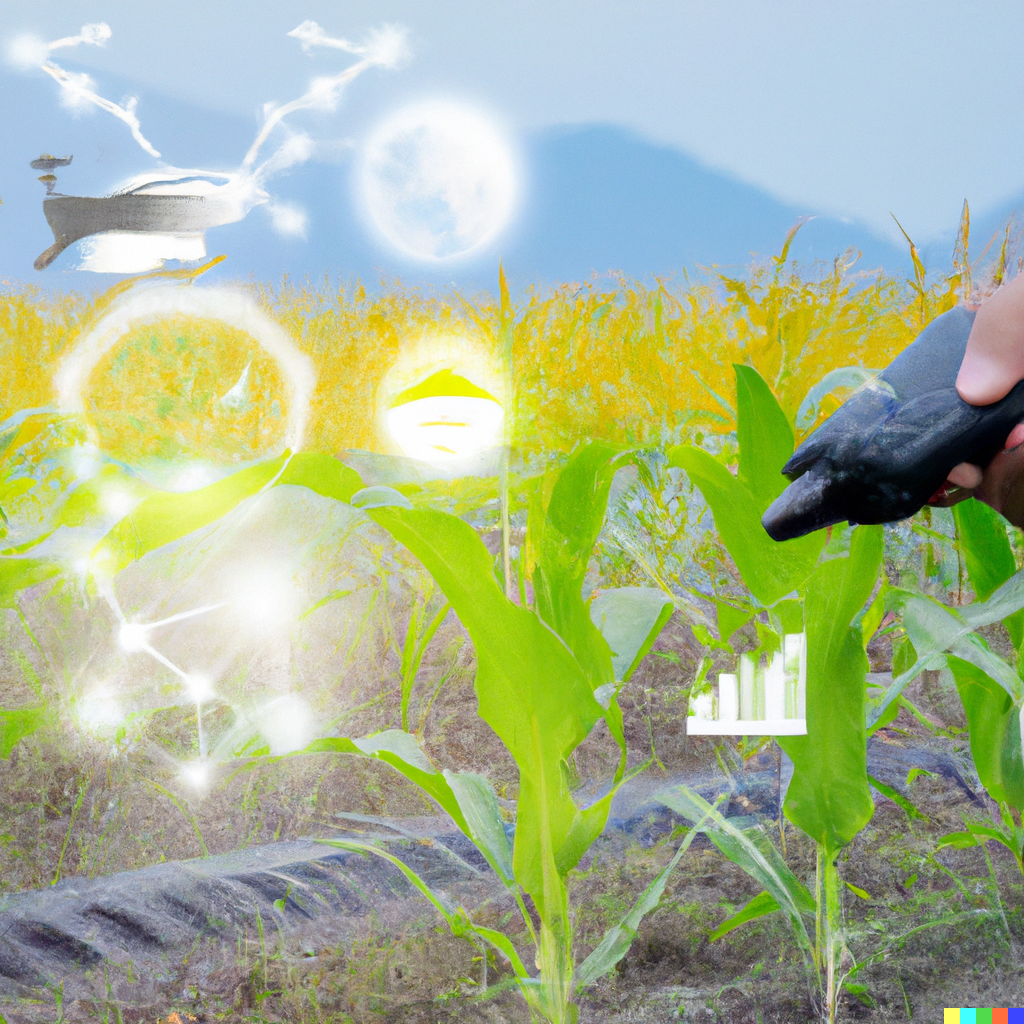September 15 | Agricultural Technology AgriTech

Agriculture has always been the backbone of civilization, but today, it faces unprecedented challenges. With a growing global population, climate change, shrinking arable land, and resource scarcity, traditional farming methods are no longer enough. Enter Agricultural Technology (AgriTech)—an innovative sector blending farming with advanced technologies to produce more food, more sustainably, and more efficiently.
AgriTech refers to the application of technology and innovation in agriculture to improve yield, efficiency, and sustainability. It encompasses everything from precision farming and smart irrigation systems to drones, AI-powered analytics, and biotechnology.
In essence, AgriTech helps farmers “do more with less”—less water, less fertilizer, less land, and less manual labor—while still meeting rising food demands.
Using GPS, IoT sensors, and satellite imaging, precision farming allows farmers to monitor crop health, soil quality, and weather conditions in real-time. This data-driven approach enables targeted planting, fertilization, and pest control, reducing waste and maximizing yield.
Traditional irrigation methods often lead to overuse of water. Smart irrigation uses soil moisture sensors and AI-driven systems to supply crops with the exact amount of water needed—no more, no less—conserving water resources.
Drones are increasingly being used for aerial imaging, crop spraying, and even planting seeds. Agricultural robots can automate labor-intensive tasks such as harvesting, weeding, and sorting produce, reducing reliance on manual labor.
Genetic engineering and CRISPR-based innovations are helping develop crops that are drought-resistant, pest-resistant, and more nutritious, contributing to food security in regions prone to harsh climates.
AgriTech isn’t just about growing crops—it’s also transforming the business side of farming. Mobile-based platforms now connect farmers directly with buyers, provide microloans, and offer insurance products, ensuring financial inclusion for rural communities.
Despite its promise, AgriTech faces barriers to widespread adoption:
The next decade of AgriTech promises exciting developments:
AgriTech is more than just a buzzword—it is the future of farming. By integrating technology with agriculture, we can address some of humanity’s most pressing challenges: feeding a growing population, protecting the environment, and creating resilient food systems.
For farmers, policymakers, and innovators alike, embracing AgriTech isn’t optional—it’s essential. As the saying goes, “The future of farming is smart.”
SHARE THIS:
© Copyright 2026Global Tech AwardsAll Rights Reserved